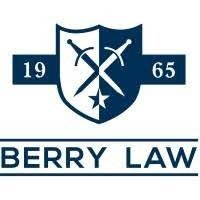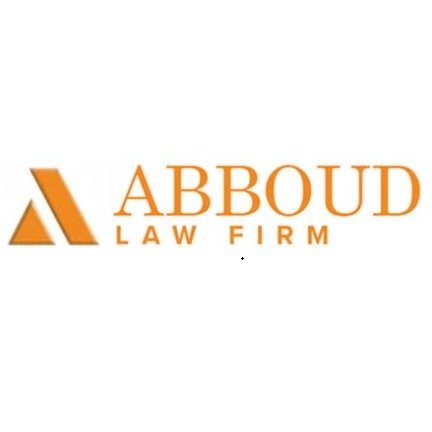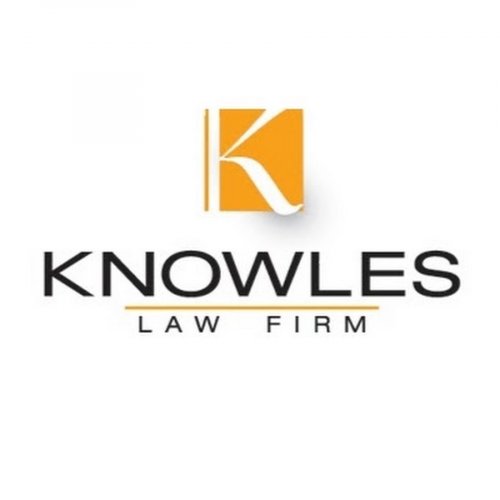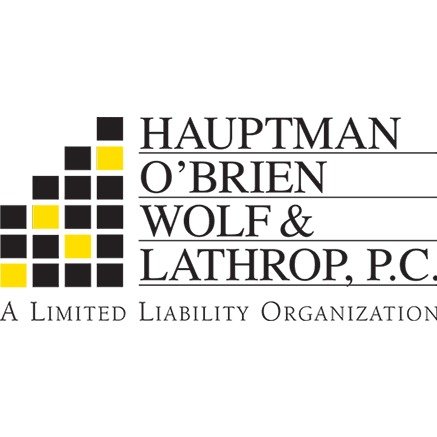Best Motorcycle Accident Lawyers in Omaha
Share your needs with us, get contacted by law firms.
Free. Takes 2 min.
List of the best lawyers in Omaha, United States
About Motorcycle Accident Law in Omaha, United States
Motorcycle accidents can have serious consequences and result in significant physical, emotional, and financial burden for those involved. It is important to understand the basics of motorcycle accident law in Omaha, United States, in order to protect your rights and receive fair compensation.
Why You May Need a Lawyer
While not every motorcycle accident case requires legal intervention, there are certain situations where consulting with a lawyer is highly recommended:
- If you have suffered severe injuries in a motorcycle accident
- If the accident was caused by someone else's negligence
- If you are facing difficulty with insurance companies in obtaining fair compensation
- If you are uncertain about your legal rights and options
- If you need assistance with navigating the legal process
Local Laws Overview
Being aware of local laws relevant to motorcycle accidents in Omaha, United States, can be beneficial when seeking legal help:
- Riders and passengers are required to wear helmets at all times
- All motorcycles must be equipped with functional headlights, turn signals, brakes, and mirrors
- Lane splitting is illegal
- Motorcyclists are subject to the same traffic laws as other vehicles
- Insurance requirements and guidelines specific to motorcycle accidents
Frequently Asked Questions
1. What should I do immediately after a motorcycle accident?
After ensuring your safety, call the police to report the accident, seek medical attention, document the scene, gather witnesses' contact information, and consult with a lawyer as soon as possible.
2. What if I was partially at fault for the motorcycle accident?
In Omaha, Nebraska operates under a comparative fault system. This means that even if you were partially at fault, you may still be able to recover damages. However, the amount you can recover may be reduced proportionally to your level of fault.
3. How long do I have to file a motorcycle accident lawsuit in Omaha?
The statute of limitations for filing a motorcycle accident lawsuit in Omaha is four years from the date of the accident. It is crucial to initiate legal proceedings within this timeframe to protect your rights.
4. How much compensation can I receive for my motorcycle accident injuries?
The amount of compensation you may receive depends on various factors such as the extent of your injuries, medical expenses, lost wages, pain and suffering, and more. Consulting with a lawyer will help you understand the potential value of your claim.
5. Can I still pursue legal action if the at-fault driver does not have insurance?
Yes, you may be able to pursue legal action even if the at-fault driver does not have insurance. However, recovering damages in such cases can be challenging. It is advisable to consult with a lawyer to explore your options.
Additional Resources
For further information and assistance related to motorcycle accidents in Omaha, United States, consider reaching out to:
- Omaha Police Department - Traffic Division
- Nebraska Department of Motor Vehicles
- Nebraska Motorcycle Rights and Safety
- Local personal injury law firms specializing in motorcycle accidents
Next Steps
If you require legal assistance for a motorcycle accident in Omaha, United States, take the following steps:
- Collect all relevant accident documentation, including police reports and medical records.
- Research and contact reputable personal injury lawyers with experience in motorcycle accidents.
- Schedule initial consultations with potential lawyers to discuss your case and evaluate their expertise.
- Select a lawyer whom you feel comfortable with and who is dedicated to protecting your rights.
- Work closely with your chosen lawyer to gather evidence, build your case, and seek fair compensation.
Lawzana helps you find the best lawyers and law firms in Omaha through a curated and pre-screened list of qualified legal professionals. Our platform offers rankings and detailed profiles of attorneys and law firms, allowing you to compare based on practice areas, including Motorcycle Accident, experience, and client feedback.
Each profile includes a description of the firm's areas of practice, client reviews, team members and partners, year of establishment, spoken languages, office locations, contact information, social media presence, and any published articles or resources. Most firms on our platform speak English and are experienced in both local and international legal matters.
Get a quote from top-rated law firms in Omaha, United States — quickly, securely, and without unnecessary hassle.
Disclaimer:
The information provided on this page is for general informational purposes only and does not constitute legal advice. While we strive to ensure the accuracy and relevance of the content, legal information may change over time, and interpretations of the law can vary. You should always consult with a qualified legal professional for advice specific to your situation.
We disclaim all liability for actions taken or not taken based on the content of this page. If you believe any information is incorrect or outdated, please contact us, and we will review and update it where appropriate.












